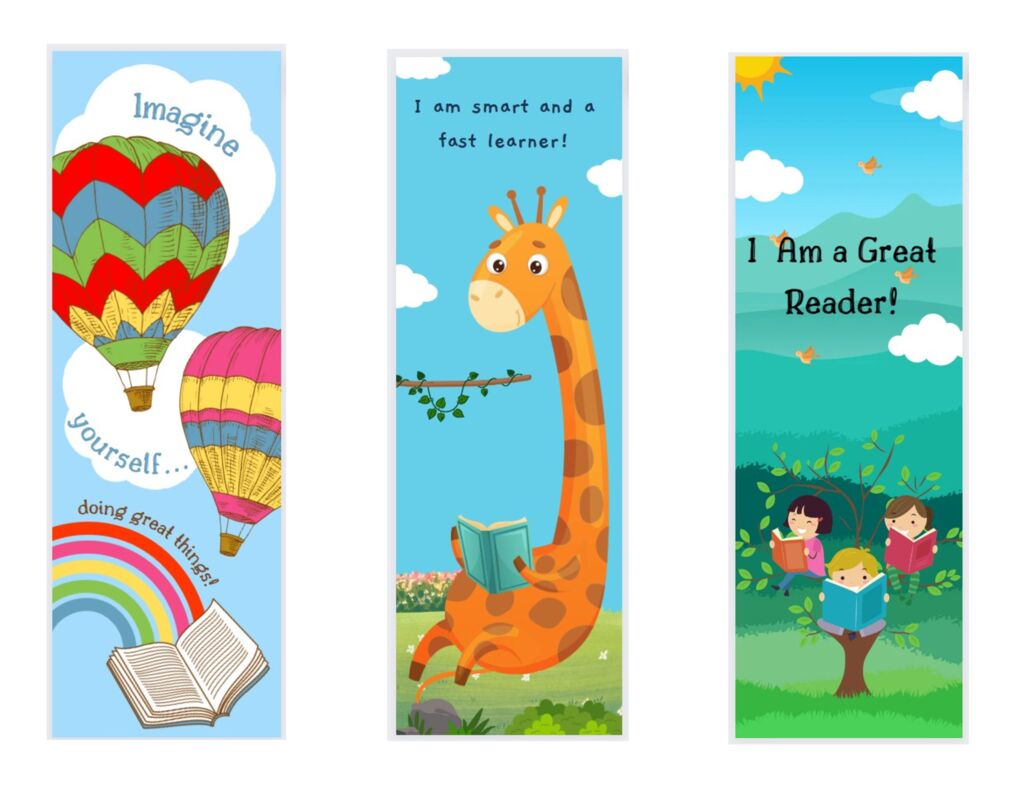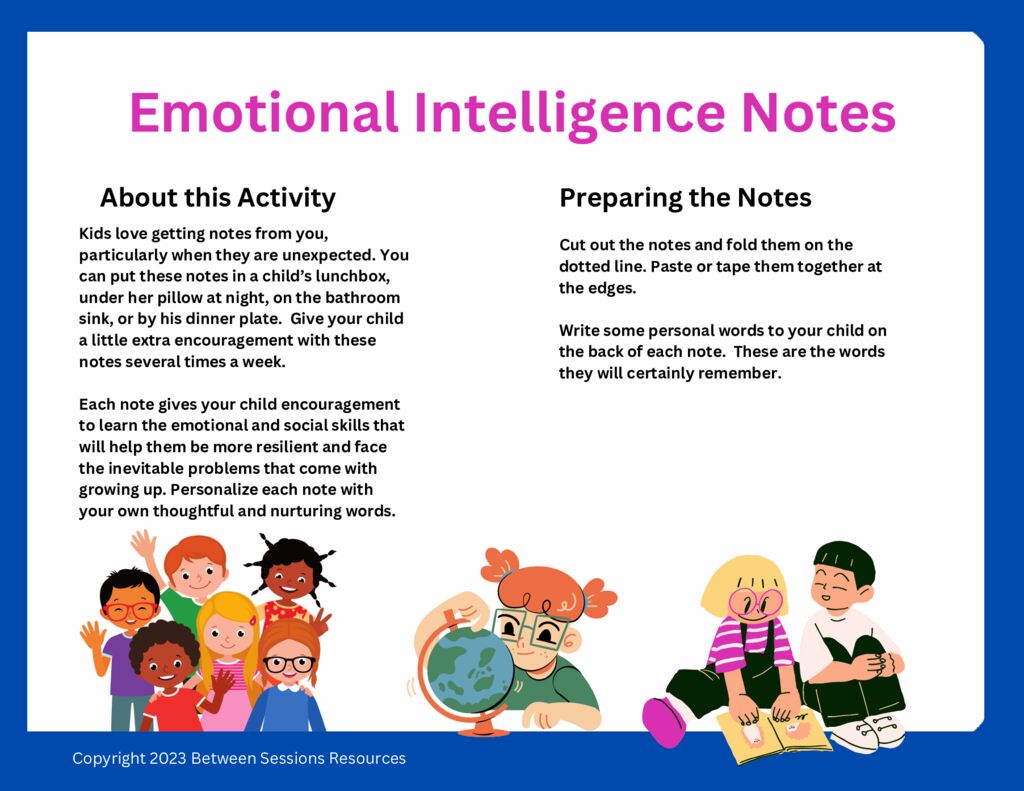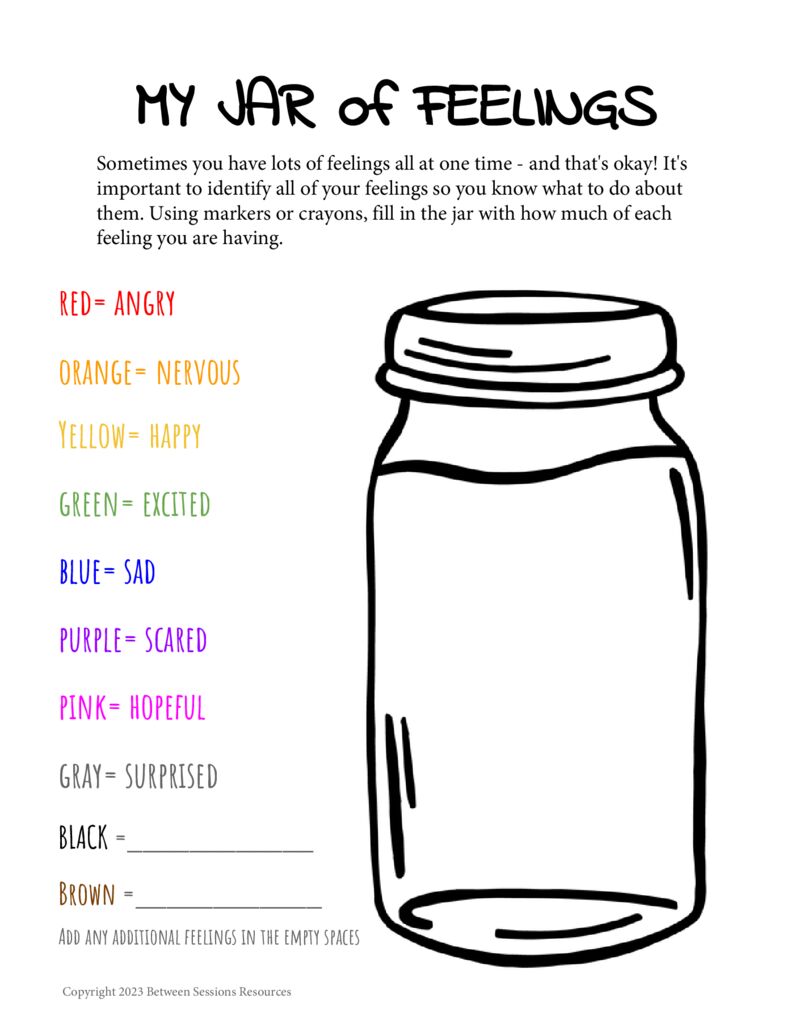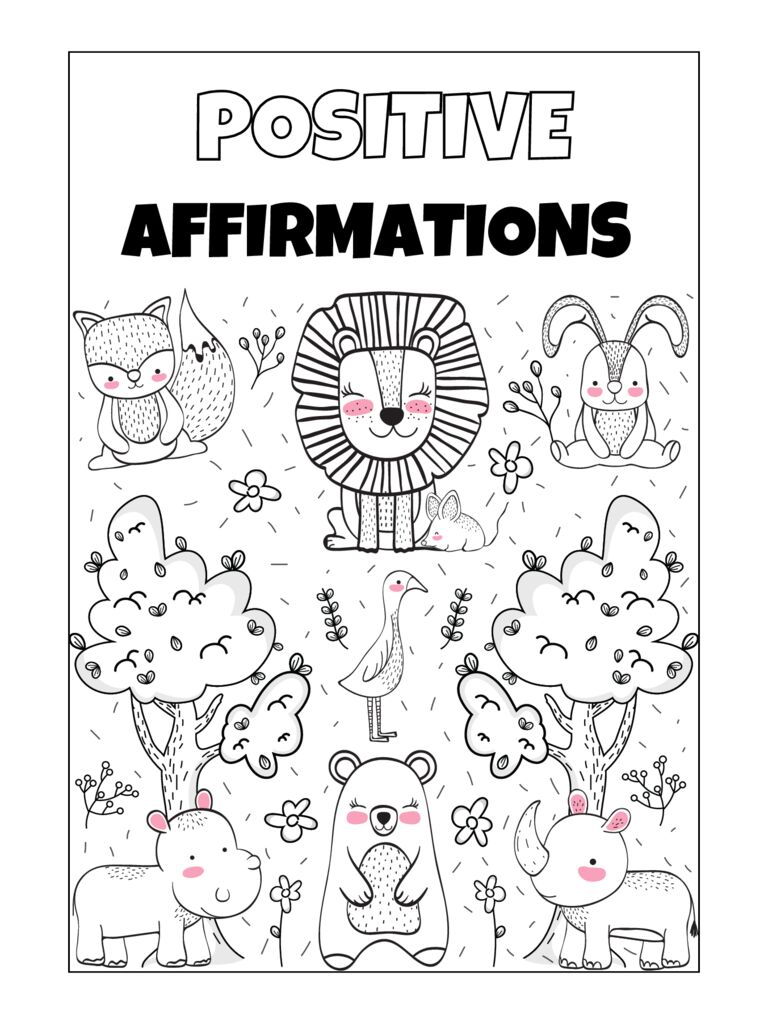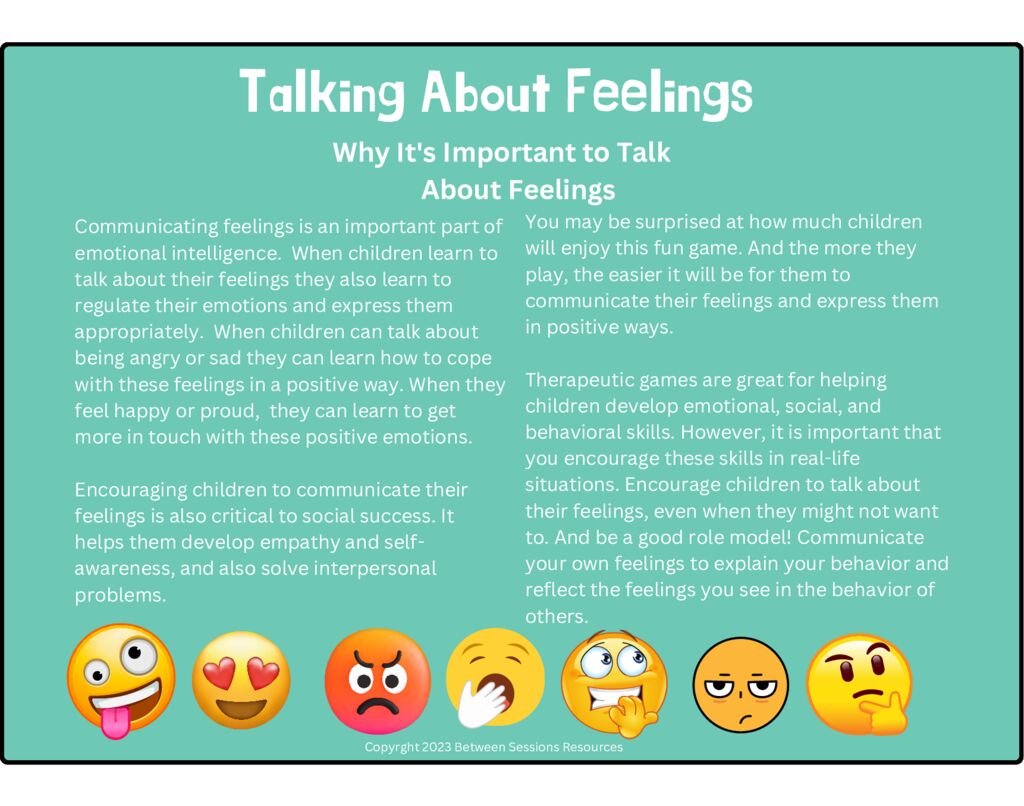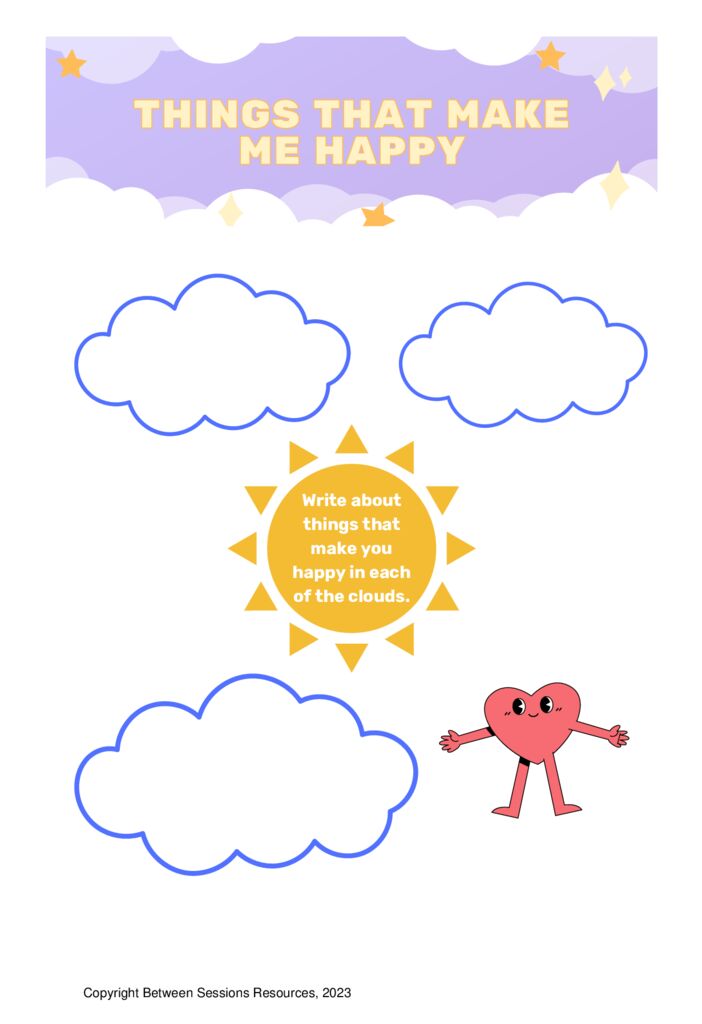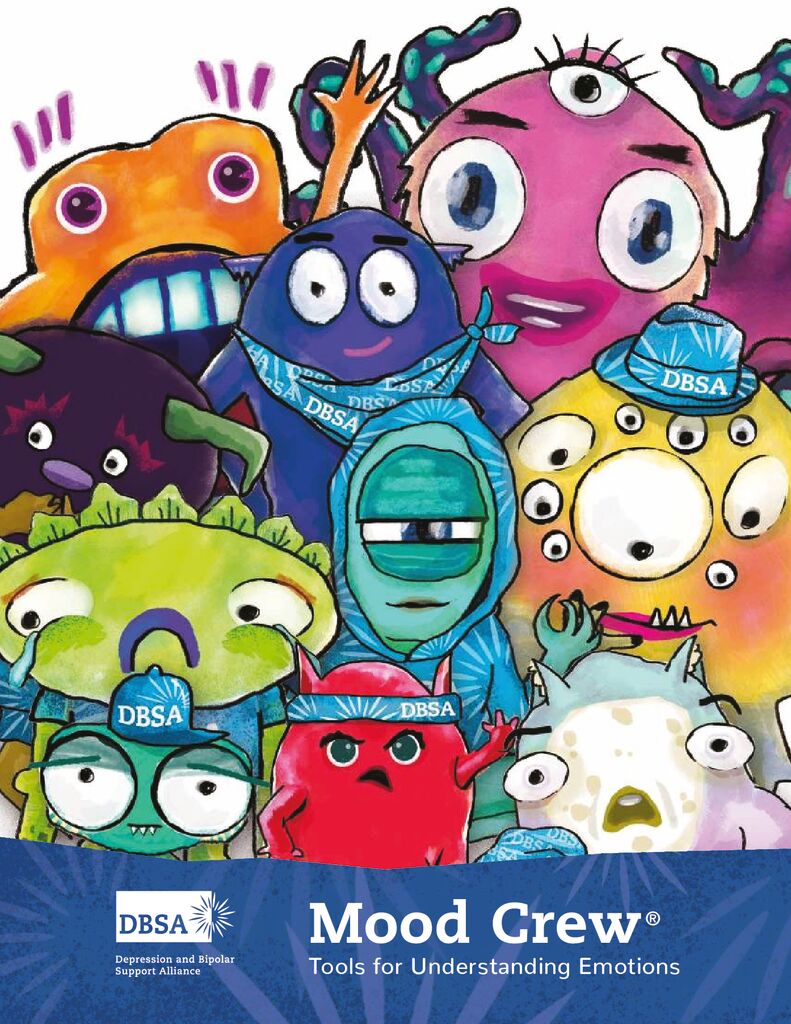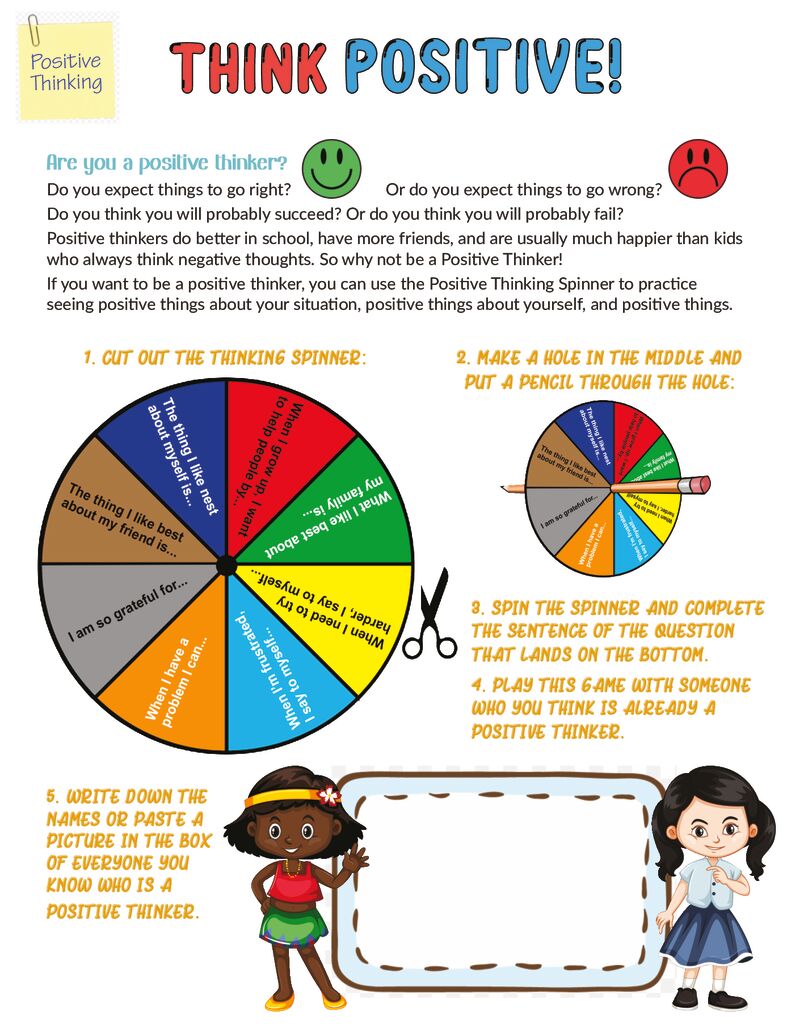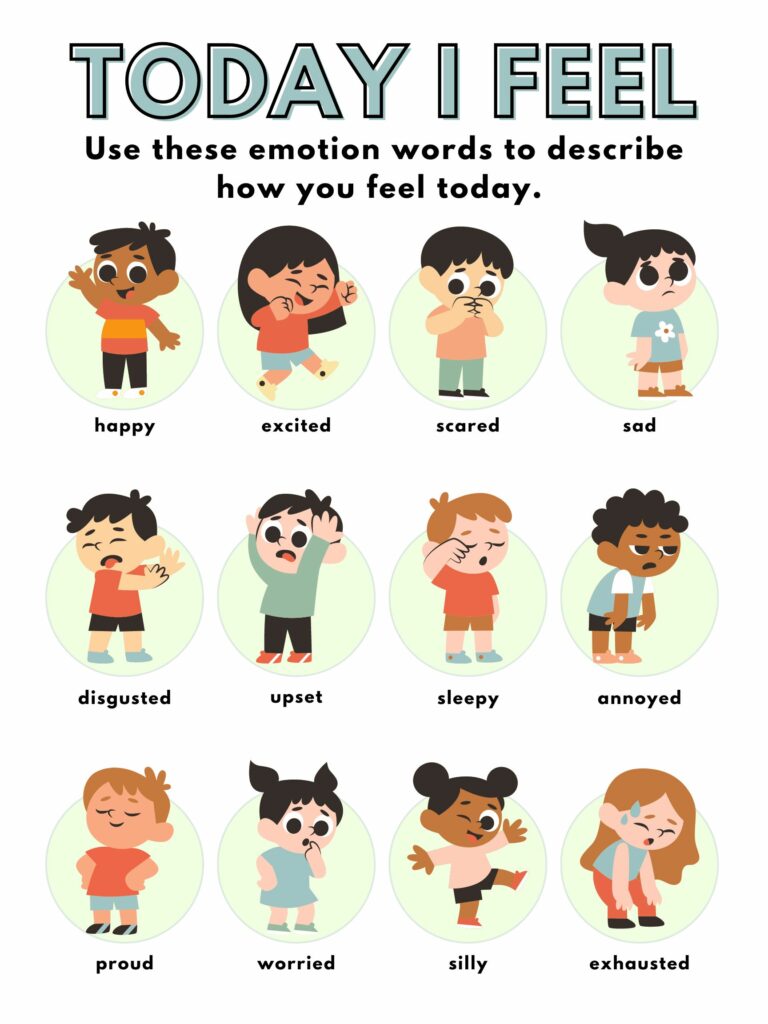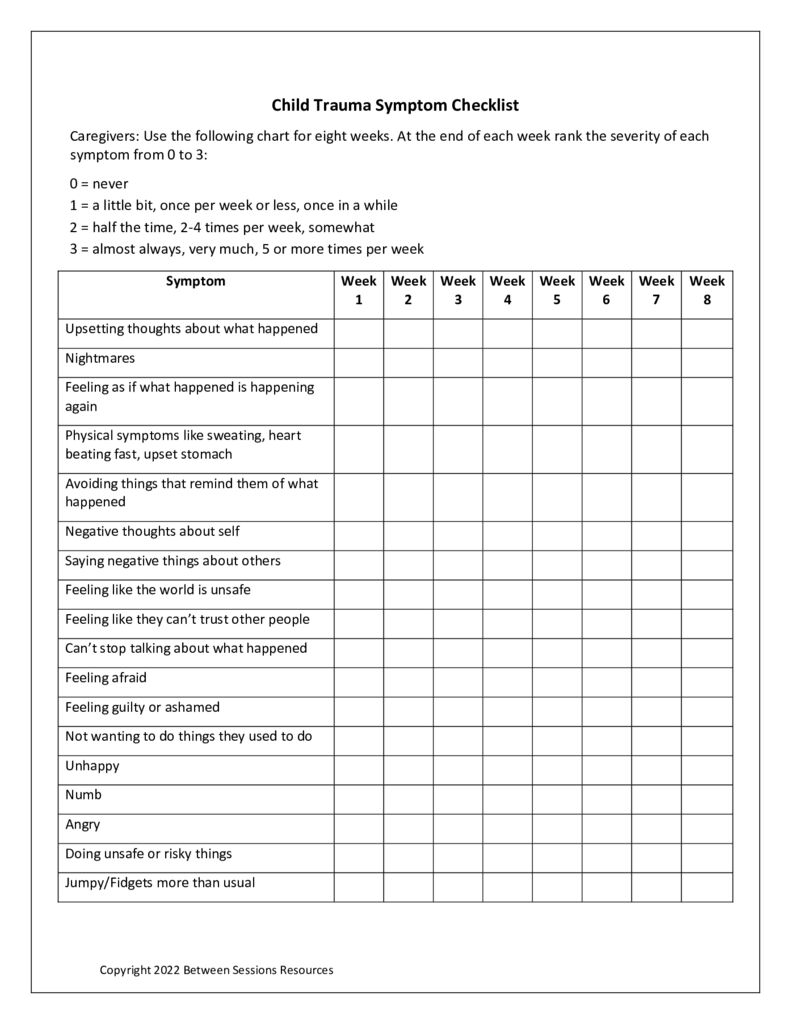These 24 affirmation bookmarks are intended to build self-confidence and self-esteem. (1223, self-esteem, affirmations, self-confidence)
Each note encourages children to use emotional and social skills to help them be more resilient in the face of everyday problems. On the back side of each note, parents can write personal words of encouragement. (1123. emotional intelligence, EQ, resilience, behavior)
Kids and teens can use this jar to express their feelings. (1023. emotional regulation, feelings, communication)
Kids will love these 22 coloring pages and it’s a great activity for self-calming combined with self-esteem. When adults color with a child, they present an opportunity to talk about the kinds of behaviors and decisions that build self-confidence and self-worth. (0923, depression, ADHD, anxiety, Autism Spectrum Disorder)
This fun card deck can easily be cut out and assembled to help children and teens learn the importance of communicating their feelings and understanding the feelings of others. The game is played like the classic card game “War,” where players turn over a card and the highest number takes all the cards. But first, you have to answer the question, “Describe a time you felt this way.” There are many ways to use these cards including sending them home for families to use “between sessions.” (0823, emotional intelligence, emotional regulation)
This worksheet asks children to think about anything that makes them happy. (0723, depression, grief, healing)
Created by the Depression and Bipolar Support Alliance, this workbook provides stories, coloring activities, dialogues, and other activities to help children learn about basic emotions. (0223, emotions, emotional intelligence, depression, worries)
Children are asked to cut out and create a Positive Thinking Spinner. They complete the question that comes up on the spinner. Children are also asked to identify people they know in their lives who are positive thinkers. (1122, positive thinking)
You can use this poster to help children identify and express their feelings. (1022. emotions, emotional intelligence, feelings)
This checklist can be used to keep track of symptoms that a child might be exhibiting due to trauma. The checklist asks a parent or caregiver to rate symptoms once a week on a 3-point scale. (0622, trauma, symptoms, PTSD, assessment)

